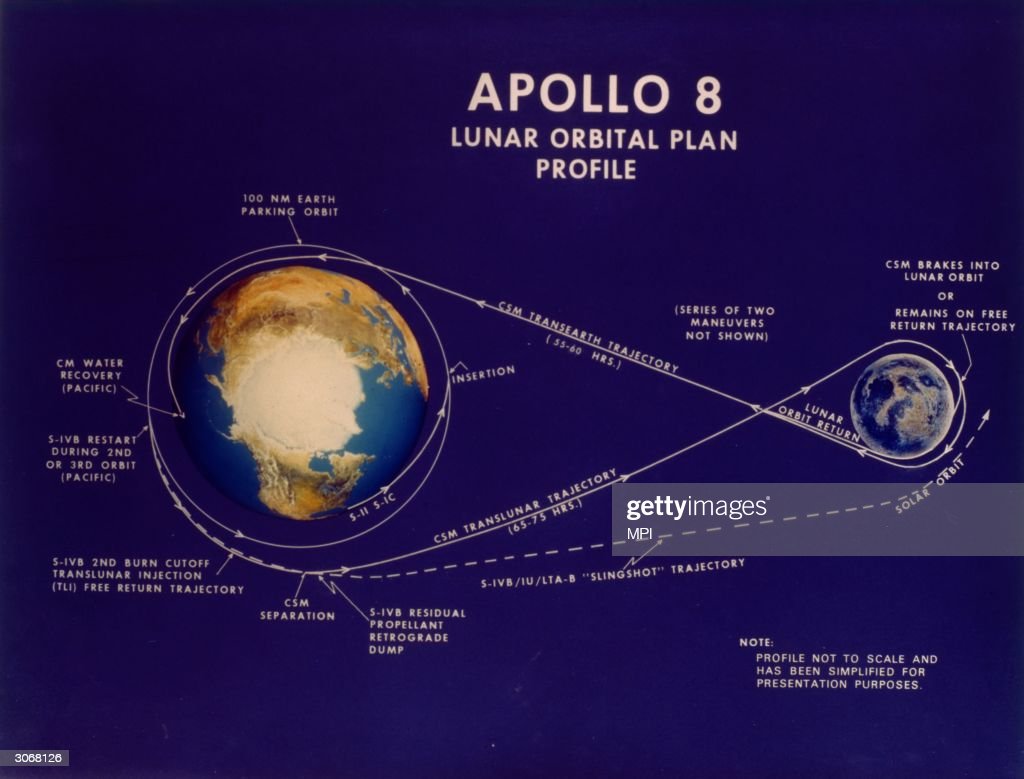My guest commentary was published in the Times Union of Albany, N.Y. on May 22, 2022

Are we as a species so mired in our current misery that we’ve metaphorically taken our eye off the ball that could help us?
The existential crises demanding our attention pummel us continually. Grim news of the deadly global pandemic, accelerating climate change, the Russian invasion of Ukraine, political maneuvering aimed at autocracy, paycheck-eating inflation, and other calamities pile up daily.
It’s easy, then, to understand why so many of us think we live in one of the most dangerous times in history. But there is comfort and reassurance to be gained by stepping back for a wider view and to ponder history.
Consider, for example, the words of one of our most respected newsmen, Walter Cronkite. After 1968 ended, he lamented:
“The whole 1960s really culminating in 1968 were the most terrible decade, undoubtedly, of the 20th century and very possibly our entire history, even including the decade of the Civil War. America was divided as it never had been since the Civil War and by the Vietnam War, by the civil rights fight.
“Everything seemed to come to a head in ’68. There were the assassinations of two of the leaders of the more liberal causes. Bobby Kennedy, shortly after winning that election in California that probably would have put him over the top as the presidential candidate that year, and Martin Luther King, of course, in Memphis, was a terrible blow to the entire cause of civil rights. By the summer of ’68, the Democratic convention turned out to be a terrible shambles of violence and counter-violence by the Chicago police … By December the country was pretty far down.”
Cronkite cited 1968’s NASA’s Apollo 8 mission as a reason for optimism. During that daring six-day sojourn, a spacecraft left Earth’s orbit for the first time, flying to another heavenly body more than a quarter of a million miles away — culminating in a stirring Christmas Eve broadcast from Moon orbit. Astronauts Bill Anders, Frank Borman and James Lovell read chapters of Genesis from the Bible as billions of viewers watched the crater-pocked Moon surface. It was a precious moment rivaled only by the Apollo 11 Moon landing seven months later.
Later, Borman reflected on the outpouring of good wishes that welcomed him home.
“We got millions of telegrams after we landed, but the one I remember most was, ‘Congratulations to the crew of Apollo 8. You saved 1968.’ We didn’t save it (ourselves) — but a lot of the people who made Apollo work saved it.”

What is our Apollo 8 moment that can help lift us in these troubled times? Reaching for the stars is fertile ground since those achievements are among humankind’s most difficult, and they provide us a unique perspective of our place in the cosmos.
Last Christmas, NASA launched and parked the James Webb Space Telescope in permanent orbit 1 million miles from Earth. This sophisticated, multibillion-dollar successor to Hubble will capture infrared images from billions of years ago. The complex array of mirrors and heat shields will soon give us clues of how the universe developed right after The Big Bang.
Farther away, remote-controlled rovers and orbiters are trying to find water and signs of past life on Mars. It’s a hard job. Half of all missions to the Red Planet have failed. But we’ve persisted. The newest rover, Perseverance, is collecting soil and rock samples that will eventually be returned to Earth, helping us answer such questions as whether Mars was ever like Earth, and how it lost the atmosphere we’re sure it once had. With these answers we will learn more about our solar system, and Earth.
When I need inspiration these days, I head to websites and gaze at eerie rust-tinged Martian landscapes or brilliant images of nebulae and supernovas light years away. The recent discovery of the black hole churning at the center of our Milky Way galaxy has become another eye-opening source of wonder in the infinite universe.
Space exploration fans like me aren’t suggesting these are the only salves to help us through tough times. Earth-bound inspirations surround us. There’s the miracle of mRNA vaccines, literary masterpieces that transport us to other places and times, startling achievements on fields of play in sports, daily examples of a person or group helping other humans, and the raw beauty of all forms of music — capable of dramatically altering our state of mind within seconds. We just need to look beyond our daily troubles to find them.
When he and his crewmates finished reading Genesis in 1968, Apollo 8’s Borman understood his new place in history, radioing spiritual words meant to lift us: “And from the crew of Apollo 8, we close with good night, good luck, a Merry Christmas — and God bless all of you, all of you on the good Earth.”
Mark Marchand of Clifton Park is a writer, book author and adjunct professor in the Journalism Program at the University at Albany.
Link to posting on Times Union website.
